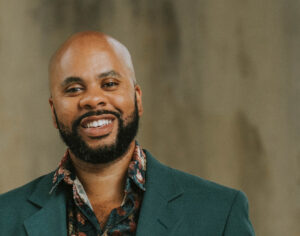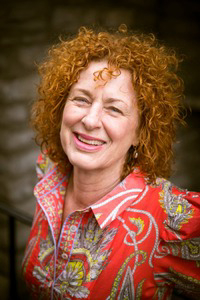
The vibrant atmosphere at Common Fields in Corvallis was abruptly disrupted on the evening of September 13, 2023, when police responded to a noise complaint, leading to the cessation of music during a popular Cuban salsa dance event. The venue has become a key part of the local cultural scene, but this incident highlighted ongoing tensions between the establishment and nearby residents regarding noise levels.
According to city officials, the noise complaint was lodged by a neighbor, marking the twelfth such complaint this year. Despite the police intervention, Common Fields was not fined or shut down. City Manager Mark Shepard stated that all noise-related calls have originated from the same individual, underlining a specific source of contention. “Officers have never self-initiated a call for service at Common Fields,” Shepard clarified.
In response to mounting community pressure, including a petition signed by approximately 1,500 residents, the Corvallis City Council unanimously voted to suspend the existing noise ordinance for commercial businesses. This decision, made just 49 hours after the noise complaint, reflects a significant shift in local governance.
Community Advocacy and Legislative Changes
During a council meeting on September 15, Sami Al-Abdrabbuh, a member of the Corvallis School Board, voiced his concerns about the application of the noise law. He emphasized that such laws can have damaging effects on community dynamics. “We have seen them applied to suppress communities and individuals,” he stated, advocating for a more equitable approach to noise regulations.
The council’s decision to suspend the noise law was not without debate. Mayor Charles Maughan acknowledged the challenges of balancing residents’ peace and the needs of local businesses. “If you live downtown, there’s noise,” he pointed out, while also noting that the law, created decades ago, is outdated. He referenced the limited distances outlined in the ordinance, which restricts commercial noises from being audible beyond 50 feet without a permit and 150 feet with one.
Despite the suspension, the law remains in effect for private residences, a point that raised mixed reactions from council members. Councilor Charlyn Ellis expressed her support for the original ordinance, citing its importance for residents who live near the college.
Future of Common Fields and Local Music Scene
Common Fields, founded in 2020 by Cherish Oliver and Jacob Oliver, has quickly become a cornerstone for community gatherings and local artists. The couple aimed to create a space that promotes community engagement and supports local culture, especially during the challenging times of the COVID-19 pandemic. Cherish Oliver emphasized the establishment’s commitment to giving back to the community and fostering a vibrant local scene.
In light of the ongoing conflict, Oliver and supporters are urging city officials to revise the noise ordinance to establish objective decibel levels rather than the current subjective measures of being “plainly audible.” “We seek a commonsense, objective law to provide more fairness and stability for residences and businesses,” she stated.
As the council prepares to update the outdated noise law, there is a shared understanding among members that the needs of both residents and businesses must be addressed. Council President Paul Shaffer expressed concerns about potential unintended consequences of the suspension, emphasizing the need for a balanced approach.
Community members and local artists, including musician Mko Bieux, have rallied in support of Common Fields, highlighting its role in maintaining cultural vitality. Bieux’s silent protest at the council meeting underscored the significance of the venue for local performance opportunities, particularly for marginalized voices.
The situation at Common Fields reflects broader conversations about urban noise regulations and the importance of supporting local businesses while ensuring residential peace. As Corvallis navigates these challenges, the outcome of the council’s decision will likely shape the future of both the city’s nightlife and community cohesion.







